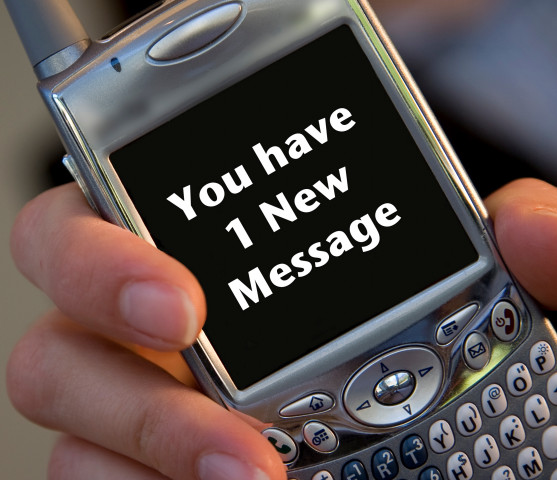Are you one of those people who send out messages asking for blanket forgiveness on holy nights? The likes of “maaf kardena jo bhi galtiyan hui hon aur dil dukha ho” (forgive me if I have wronged you or hurt you in any way). I have been at the receiving end of such messages and I am having trouble wrapping my head around this very old and cherished ritual. Well the text messaging bit may not be old but asking for forgiveness on big occasions is certainly something I have seen. I fully respect the tradition but I do have queries about it.
So how does this work?
I get a message with such words and should I just forgive you? Do I need to ask, nay, want to ask what I am forgiving you for? What is that you think you did wrong? Is it the one time you ate my favourite cookie without asking, or the five times you went behind my back, or have you just been a horrible person to me overall and now are apologising for your entire existence? I don’t know. These messages ask me for forgiveness but leave me with so many unanswered questions such as:
1. Do people know why they have asked me for forgiveness and are they taking the easy way out by avoiding an awkward conversation?
2. If they know they did something wrong but don’t know what they did, then how will they try to make sure they don’t repeat the mistake?
Isn’t that what forgiveness and repentance are about? Acknowledging your mistake, regretting it, regretting the pain it might’ve caused someone, especially someone you care about, and learning to not repeat the behaviour?
How, otherwise, do you grow as a person, which many believe, is the point of making mistakes? Isn’t it?
To grow, to become better at existing, or at whatever you do or even life in general, you have to know what you did wrong. Only once you know what the mistake was, then you can figure out how to not make the same mistake again.
In the workplace, when I work on a project, and I think I may have performed poorly, do I go to my supervisor and tell them,
“I’m sorry if I may have intentionally or unintentionally performed badly in any way?” For the sake of my career, I hope to God not.
Or do I ask for feedback?
I ask for feedback. And I have a conversation with my boss.
That’s how I learn. That’s how I grow. That’s how I know what to do and what not to do the next time to perform well and succeed. Because my job is very important to me and I want to be good at it, I work hard to find out what I should do more of or less of or even not at all.
As a good leader, my boss can tell me exactly what I did wrong or what I could have done better and this criticism or feedback can be a part of my journey towards growth. Or they can choose to give no explanation and, instead of knowing and growing, I would stay stagnant.
What I can control is how forthcoming I am with seeking feedback, how genuinely I wish to course correct, and how maturely I can handle a possibly awkward conversation.
Unfortunately, the “overall forgiveness” messages mentioned earlier come with zero indication of wanting to know what the mistake(s) might have been. And this leads me to my question, what is your intention of asking for forgiveness?
Is it to grow, learn and be a better human being? To remind the people in your life that you care for them or respect them and cherish the relationship? Or is it to pacify your disillusioned idea of acquiring that Jannat ki parchi? Or some self-satisfying, age old, narcissistic idea of “maine tau maang li maafi, baqi uski marzi.” (I have asked for forgiveness and done my part, rest is up to them)
Asking for forgiveness and being forgiven are both wonderful things but we must keep ourselves in check. We must truly know what we have done wrong and try to learn from it but most importantly we should never shrink away from having difficult conversations with those we love, even if it is to inform them that you have eaten the snack they so eagerly waited to eat when they came home.



COMMENTS
Comments are moderated and generally will be posted if they are on-topic and not abusive.
For more information, please see our Comments FAQ